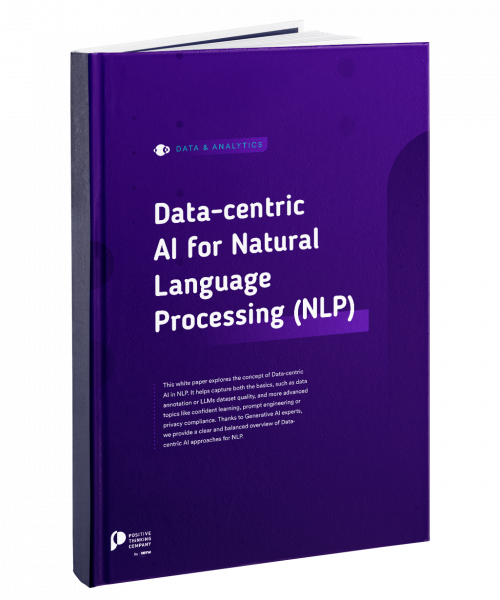Financial data is a powerful driver for differentiation and competitiveness… but only if it is used properly! In a very competitive environment, decision-makers must be able to rely on optimized decision-making processes and tools for an accurate performance management. Here are five key reasons to abandon Excel-based dashboards for a true budget production solution.
1. Saving time
Too often, finance and controlling spend a significant amount of their time on tasks such as collecting information, preparing entry templates or consolidating data. These repetitive tasks, which generate little value, can be automated using a budget production tool. As a result, the company saves time and resources that can be dedicated either to analysis or to the production of sophisticated forecasts or simulations.
2. Improving reliability
Launching a multidimensional analysis in Excel is like building a house of cards, one careless mistake and everything falls apart. On the other hand, budget production tools and their automation capabilities make it possible to implement advanced management rules that considerably limit the risk of manual errors. For example, they can prevent a standard user from accidentally deleting or modifying data.
3. Enabling Collaboration
Previously, the CFO was the only one to manage the numbers. Now, budgets creation involve several people, sometimes even the business decision-makers themselves. Effective budgeting means centralizing all data on a single source, so that everyone involved can work with the same, up-to-date data. This client/server logic also allows for efficient access management, with the ability to assign different rights depending on the type of user connected.
4. Strengthening security
As a result of the previous point: centralized management within a budget production tool limits the risk of exposure of financial data to inappropriate people. No more Excel sheets exchanged by e-mail or documents on a USB key: each user is given a specific access, with his or her own login credentials. All consultations or modifications are thus made within the framework of the security policy defined by the company.
5. Analyzing more data
Last but not least, a dedicated budget preparation tool offers much better processing capabilities than Excel. For example, it can be used to launch an analysis based on of the entire financial history of the company, or to simply compare several versions of the same simulation. It also includes advanced reporting and visualization features that help controllers manipulate and analyze very large volumes of data more efficiently.
Leveraging a performance management solution
In the hands of experienced users, Excel remains a powerful tool, but it quickly shows its limits when confronted with the increasing volume of useful data for performance management or with the increased number of business rules. The evolution towards a dedicated solution then becomes an option that is both useful and advantageous.










